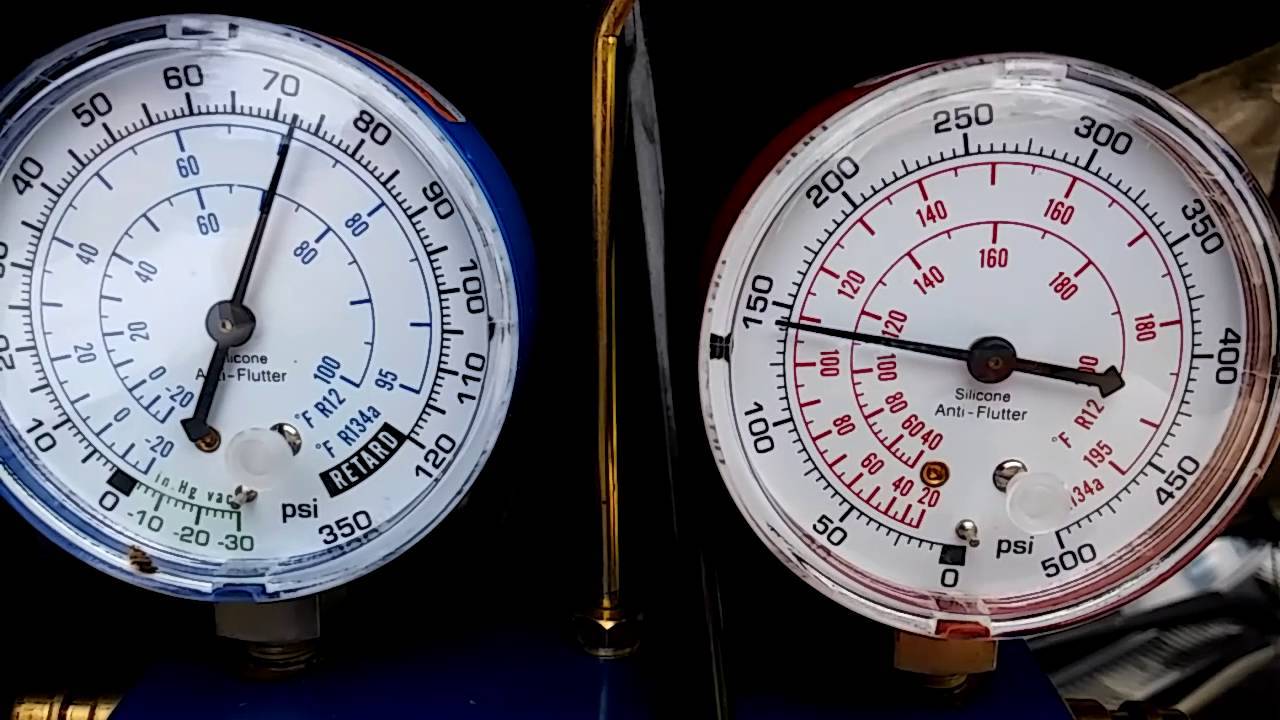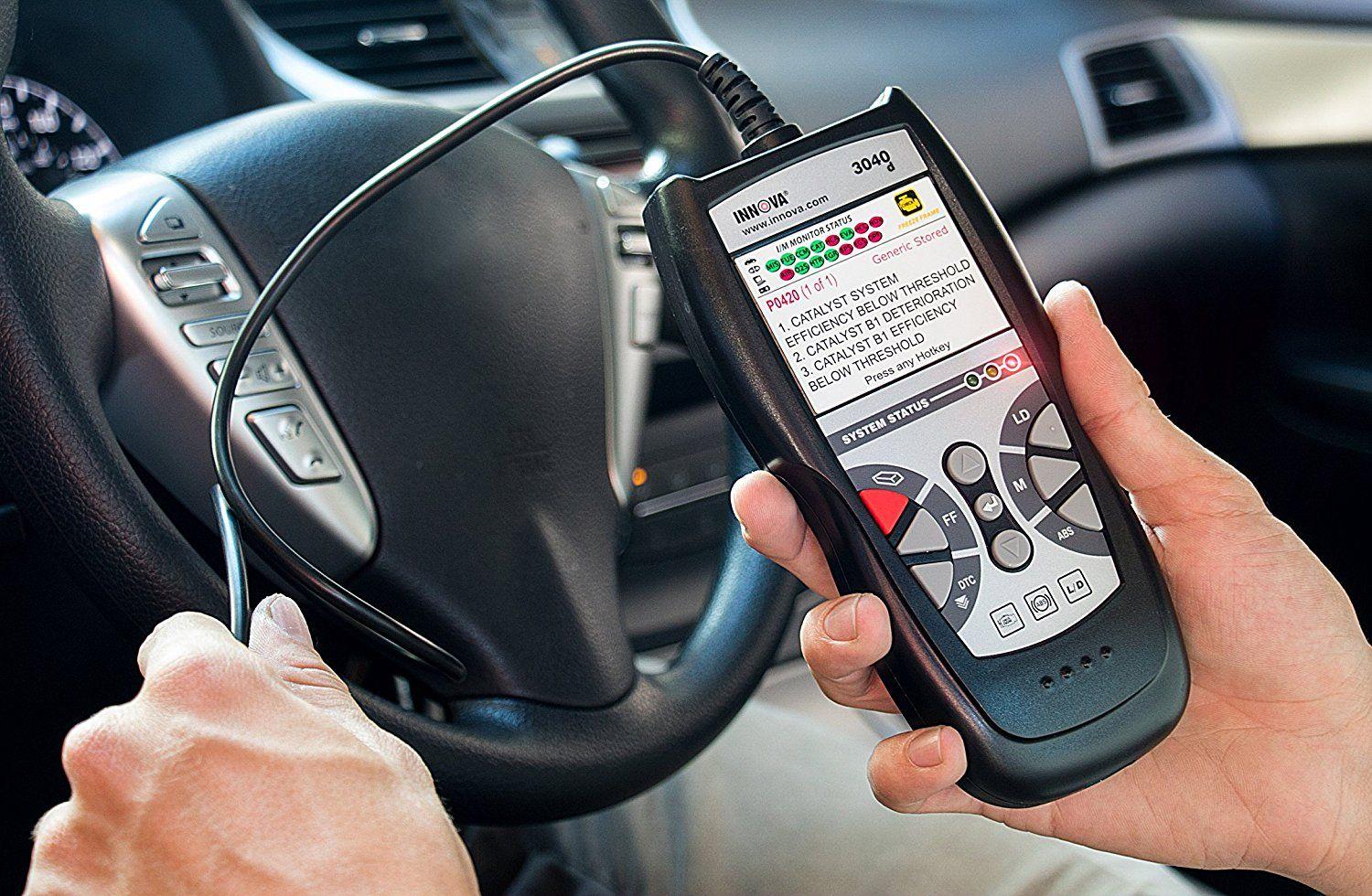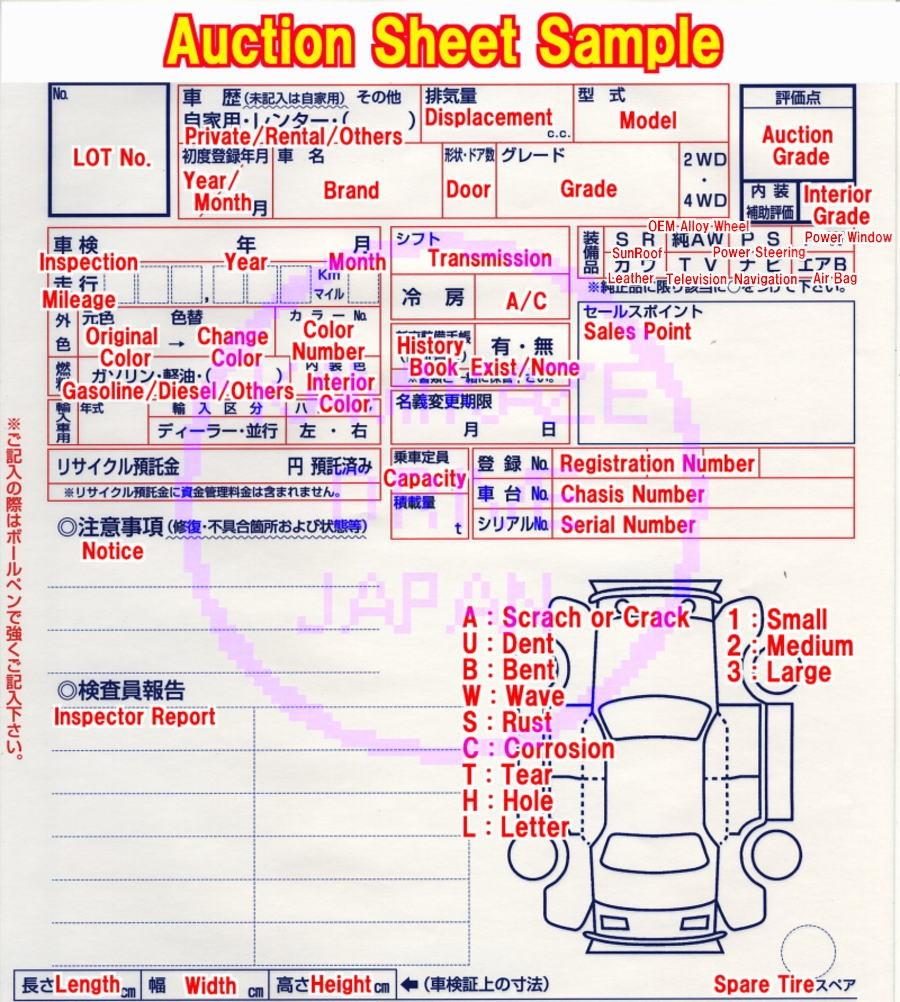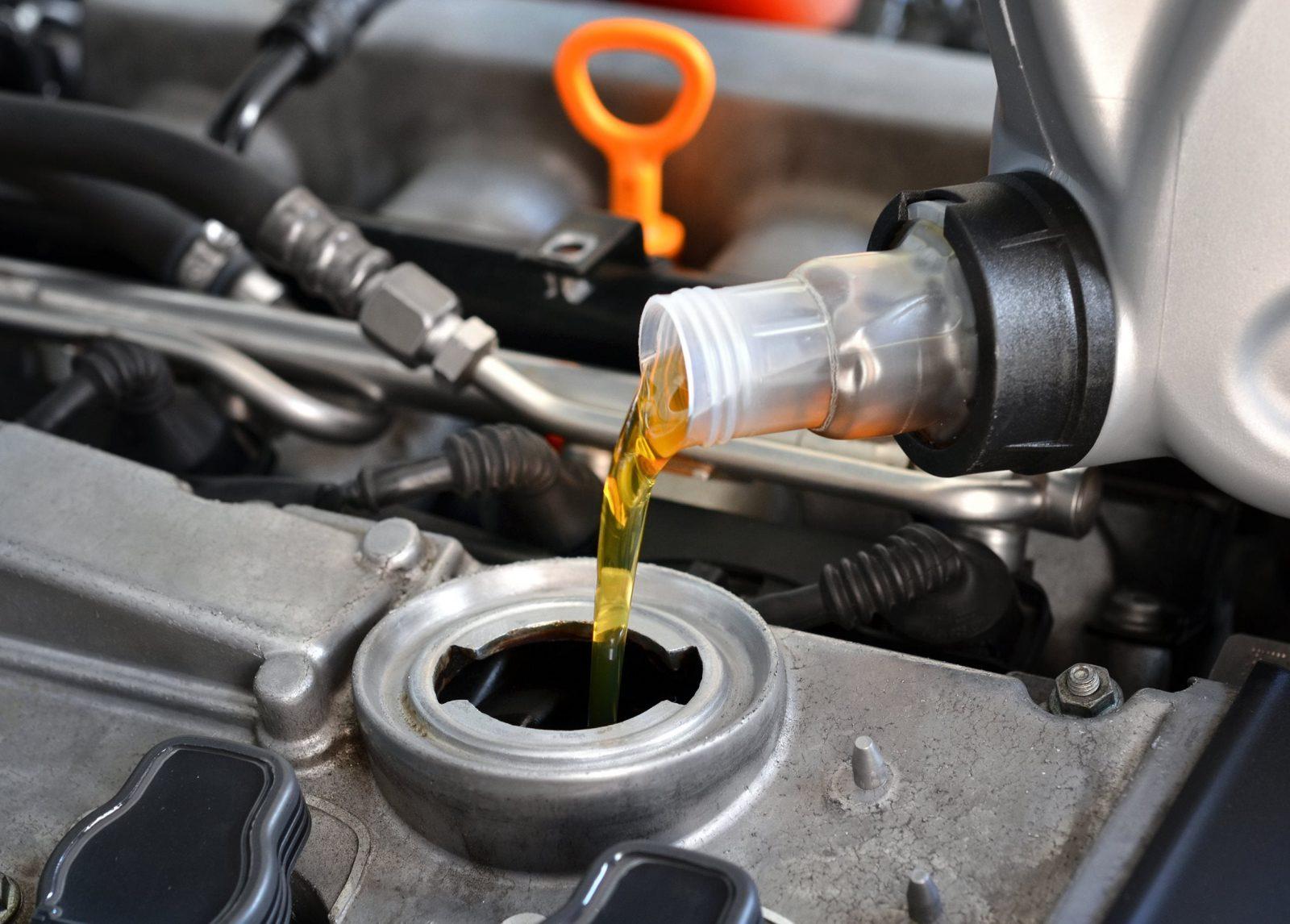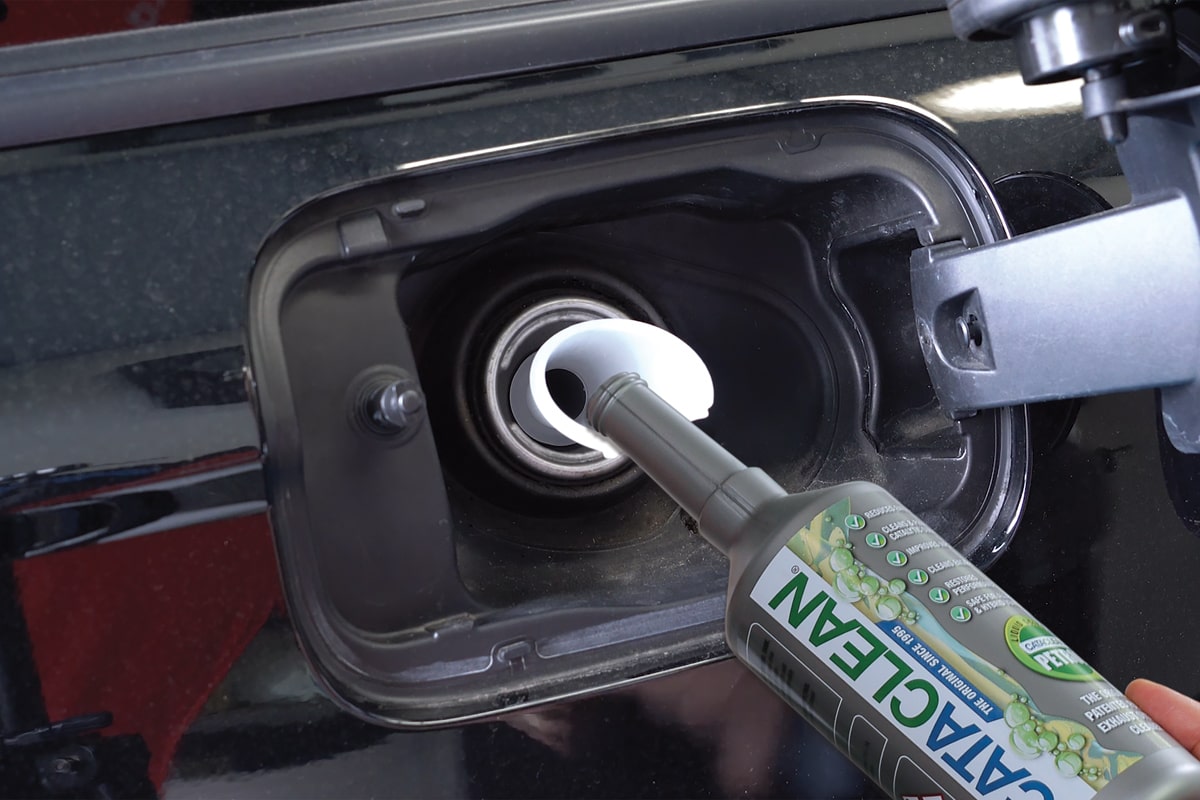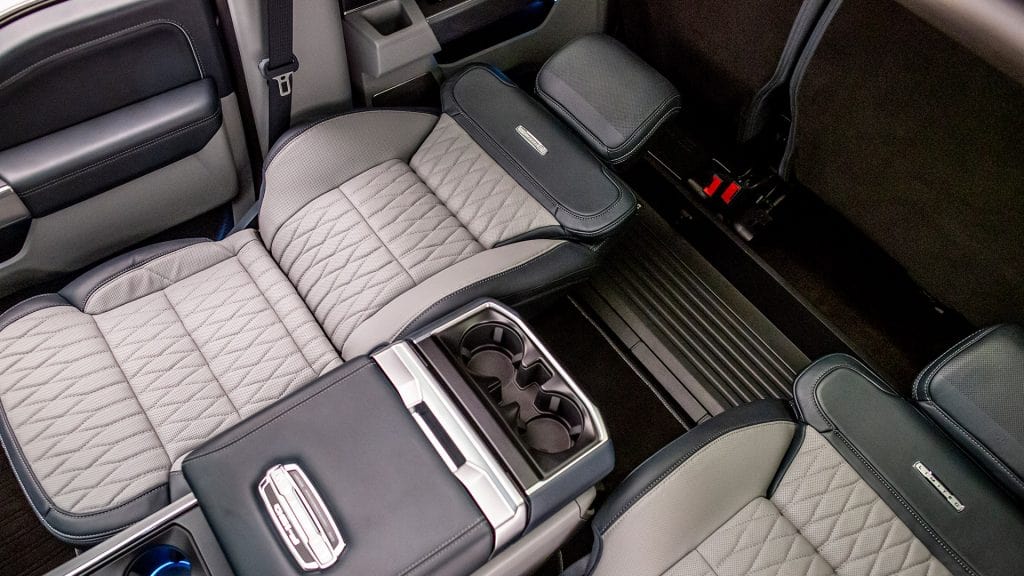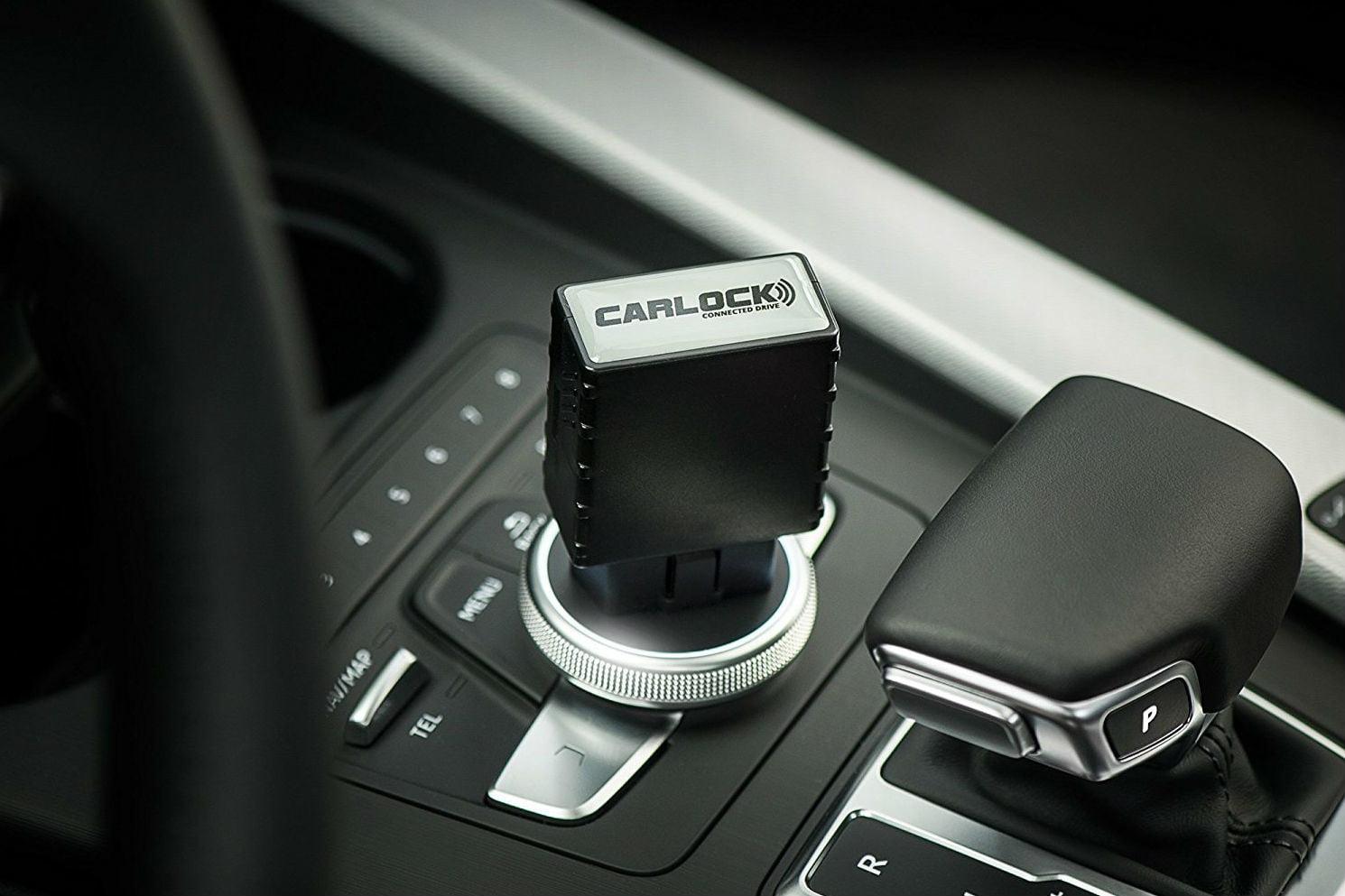What are the Reasons for Rattling Noise When Accelerating?
Your car can vibrate, shake, and create various types of noises for different reasons. One such problem is rattling noise when accelerating. If it particularly happens when you accelerate the engine, you can pin down the problems on common failures of several components.
The Reasons Behind Transmission Rattling Noise When Accelerating
Anytime you find noises from your car, especially when accelerating, it’s a warning sign that your car needs to be attentive. Although not all bad, you shouldn’t ignore it, this might be because of problems associated with a lot of things. There are many causes of car acceleration noise, many of which are reflected by many drivers. Knowing about them will help you with quick diagnosis and finding the correct fix before it gets worse. Here are some common causes of rattling sounds when accelerating in cars that drivers need to know:.
The transmission fluid level
It’s not a major issue, but you would want to check it to rule out the obvious cause. The fluid should exactly be at the level instructed in the owner’s manual. A low level of fluid is one of the reasons for causing rattling noise when accelerating. It’s a simple issue with a simple fix, but the consequence could be outright scary.
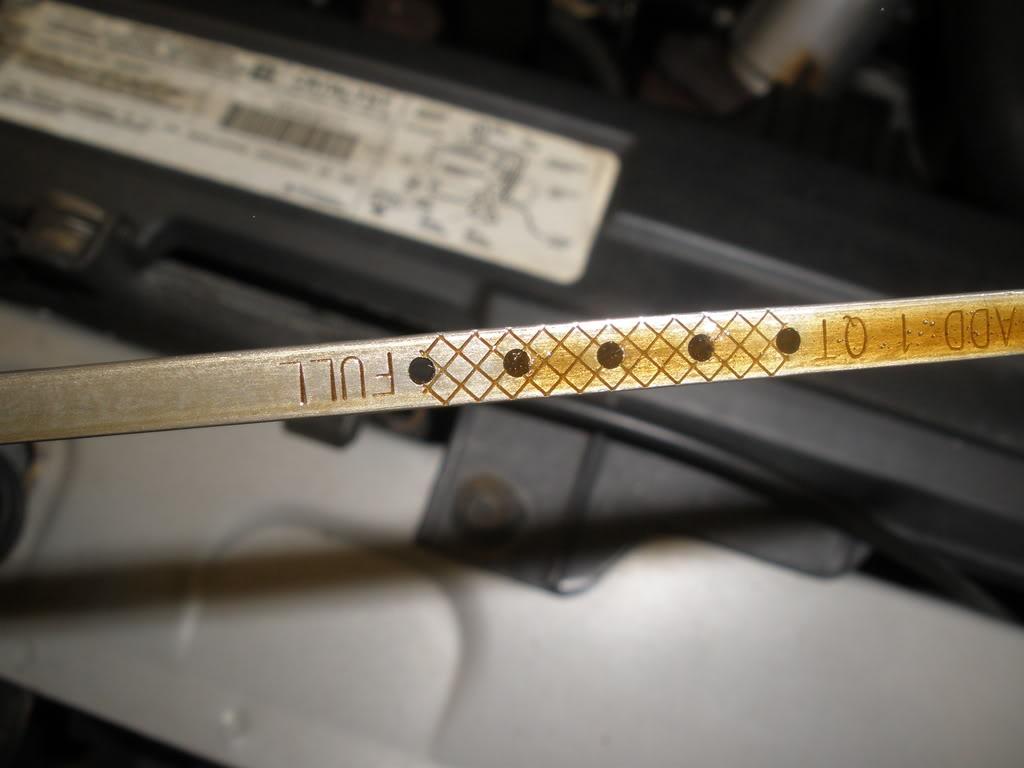
Torque converter
A bad torque converter could be the origin of rattling sound when accelerating at low speed. It will be a faint sound when the car is idling in ‘park’ mode, but the volume and frequency will increase in proportion to acceleration. It could indicate the last stage of the converter’s life. If this happens, you should take the vehicle to a repair shop as soon as possible.
Motor mount
The motor mount on the passenger side could be another obvious culprit. Its failure could lead to a rattling noise when accelerating. A ruptured mount will leak fluid everywhere. So, if you see dark lines of dripping oil underneath or on the frame next to the side mount, take it to a mechanic. Sometimes, it’s hard to determine the failure just by looking at it, especially if there’s no stain of oil. You will need to have it diagnosed by a professional in that case.
Read more:
Heat shields
These components act as a thermo-reflective barrier between the exhaust system and other parts including the gas tank, fuel lines, and the cabin of a car. When they are loose or broken, they fail to completely block the heat transfer to these key areas. As a result, you will hear frightening rattles at higher speeds.
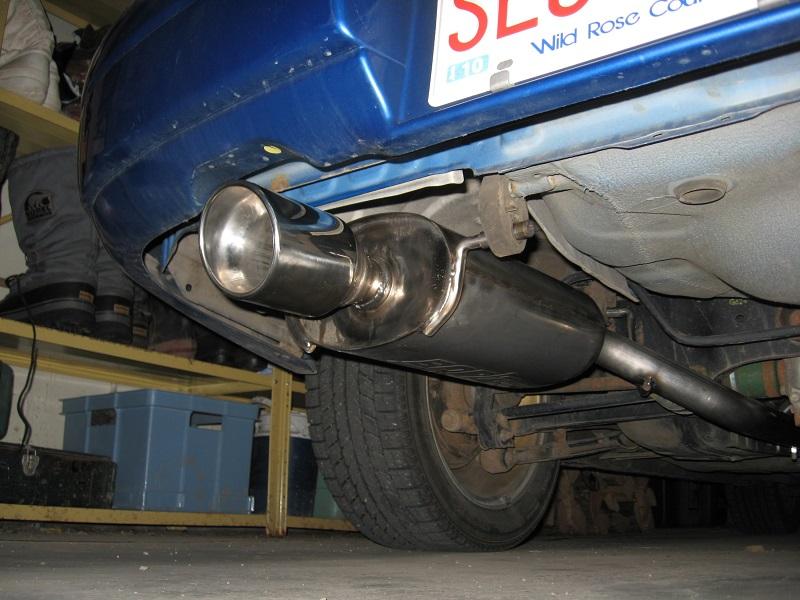
You have to inspect the exhaust system to find out if heat shields are causing rattling noise in car when accelerating. However, do it only when the engine is off for several hours. The exhaust pipe and some other parts remain hot even after hours of switching the engine off.
V-Belt pulleys
The engine of a vehicle has many belt pulley attachments. Each of these accessories uses a pulley for a drive, along with one or more sets of bearings. The purpose of the belt is to transmit power between different engine components. They work by the friction between the belt and the pulley, which is why loose belt pulleys can cause different parts to work poorly or not at all.
The speed of these pulleys escalates with the engine speed. If they are slightly bent or loose, the metal-on-metal contact will create a terrifying rattling sound when accelerating. Open the hood and inspect the V-belts when the engine is off and running. If a pulley is bad, the belt will show damage in the form of frayed sides. If the accessory drive system is the root the car makes rattling noise when accelerating, you can remove the belt and spin each of the pulleys to see if anyone wobbles or feels loose.
Worn wheel bearings
In most cases, badly worn wheel bearings will make a loud noise when the driver is moving on the road. This noise usually changes as the vehicle accelerates. At high speeds, this sound is often reminiscent of a “humming” or a “rattle” sound. One can usually identify a faulty wheel bearing when cornering. If the sound in question changes in tone or stops completely while turning, the vehicle’s wheel bearings could be a suspicious cause.
Tire or wheel problems
Car tires that don’t have steady wear will definitely cause a rattling noise when accelerating, even as a wheel-bearing problem. In case you notice your car tires make a sound since it can be heard from outside of the car, especially when driving with the window open. The cause could be unsteady wear which makes a higher and lower spot. This is one of the foremost reasons that can cause your car to make a rattling noise when accelerating or driving.
Rattling Sound When Accelerating At Low Speed
So what about car makes noise when accelerating at low speed on the road? The rattling noise appears when you start speeding up from 0 to maybe 30 or 40 mph and then disappear after the car speed surpasses 40 mph. In another circumstance, when your automobile is running at low speed the noise keeps coming out of the car engine. Moreover, you have the feeling that your car is held back by something indefinable.
What have you done in that situation? The culprit of rattling sound when accelerating mainly derives from the car engine. So the first thing you should do is check the transmission fluid level, torque converter, motor mount, heat shields, and pulleys respectively until you could find the reason.
Let’s watch the video to know the way to fix the rattling sound from your engine:
Wrapping Up
So now, do you know what to do if your car makes rattling noise when accelerating? Try to follow the instructions above and you will find your problem. If you still couldn’t find the culprit or you have any questions related to this topic, do not hesitate to leave a comment below.






